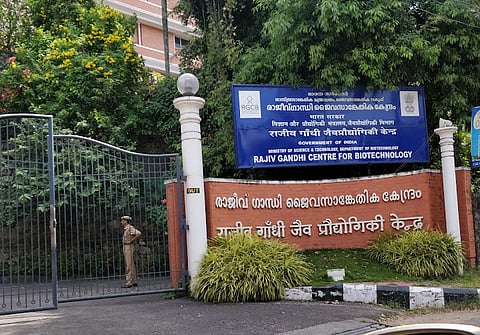

KOCHI: With the new BioE3 policy aiming to position India at the forefront of the next industrial revolution, the scientific community anticipates significant investments in innovation to help the bio-economic sector achieve growth of Rs 25 lakh crore by 2030.
The Rajiv Gandhi Centre for Biotechnology (RGCB) has initiated efforts to transition Kerala from chemical-based industries to bio-manufacturing hubs. These hubs are intended to drive the country’s economy while addressing challenges related to food, energy, and climate.
Dr Chandrabhas Narayana, director of the Thiruvananthapuram-based RGCB, praised the proposed shift to bio-manufacturing hubs. The institution plans to conduct awareness programmes across Kerala to educate various stakeholders about BioE3, he revealed.
During a panel discussion with top officials of the Department of Science and Technology (DST) on Thursday, RGCB expressed its commitment to leading Kerala towards the implementation of the path-breaking policy. Approved last weekend, the policy aims to leverage bio-manufacturing for a cleaner and greener India.
Kicking off a state-wide drive featuring workshops and discussions on BioE3, experts highlighted the policy’s potential to contribute significantly to the country’s efforts in achieving carbon neutrality.